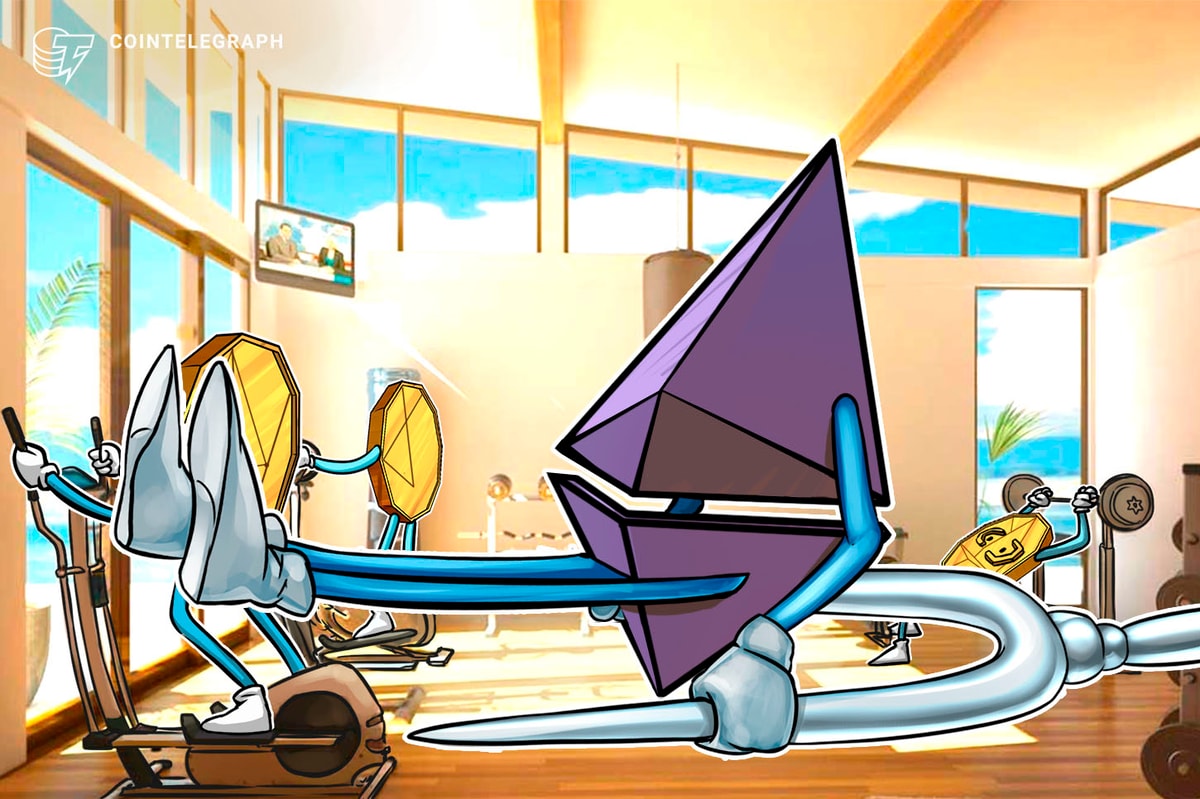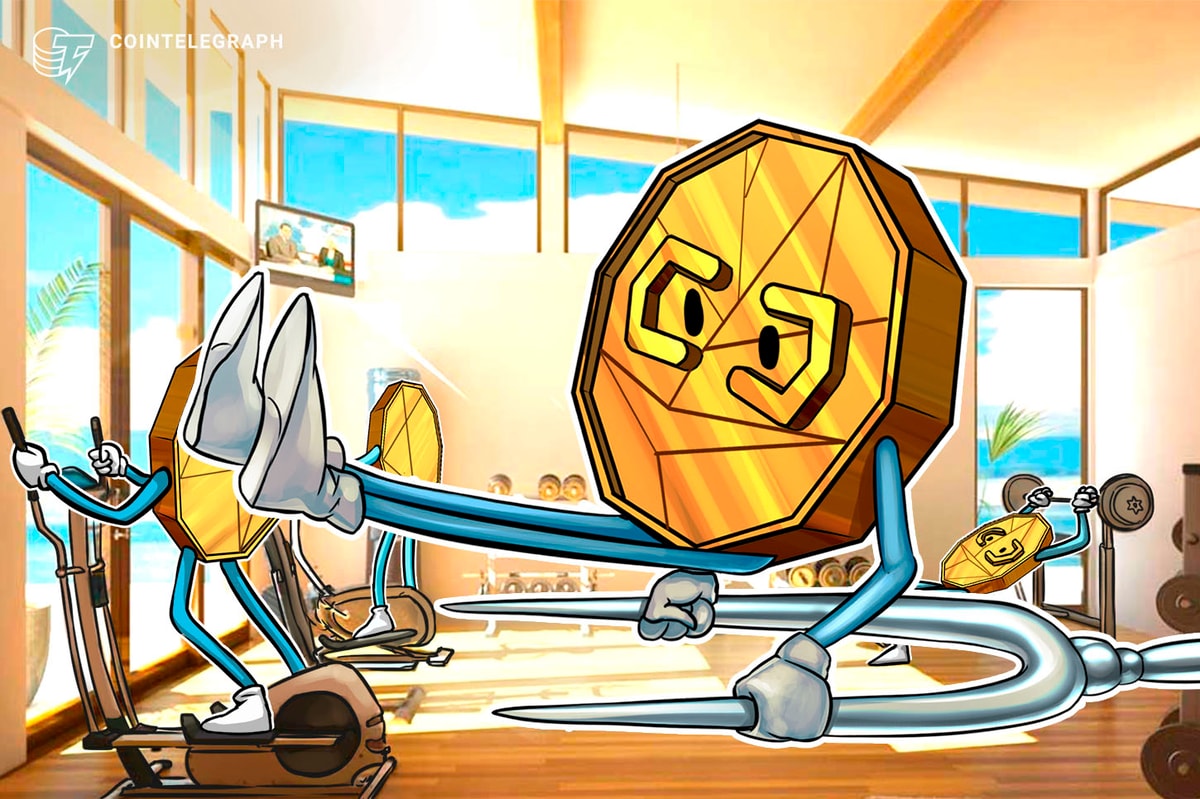
There will almost certainly be no Bitcoin hard fork next week: the main organizers behind the SegWit2x project have “suspended” their efforts.
In an email to the SegWit2x mailing list, one of the main organizers behind the project, BitGo CEO Mike Belshe, explained that the proposed hard fork has not been able to gain sufficient consensus to proceed:
“Although we strongly believe in the need for a larger blocksize, there is something we believe is even more important: keeping the community together. Unfortunately, it is clear that we have not built sufficient consensus for a clean blocksize upgrade at this time.”
The New York Agreement was originally forged between a group of Bitcoin companies in May of this year. An initiative by Digital Currency Group CEO Barry Silbert, the project — later dubbed “SegWit2x” — was to combine activation of the Segregated Witness soft fork with a hard fork to double Bitcoin’s block weight limit. With Segregated Witness activated on the Bitcoin network this past summer, arguably helped by the SegWit2x project, the hard fork was scheduled to take place next week.
However, the hard fork part of the New York Agreement was always controversial for a number of reasons. As a result, a growing number of signatories dropped out of the agreement over the past weeks and months, while developers, user communities, public polls, future markets and more all indicated limited support for the effort. And as the hard fork date drew closer, it become increasingly clear that SegWit2x would in fact spawn a new currency rather than constitute an upgrade of the Bitcoin protocol.
And this was never the plan, Belshe wrote:
“Continuing on the current path could divide the community and be a setback to Bitcoin’s growth. This was never the goal of Segwit2x.”
Belshe’s email was also signed on behalf of Xapo CEO Wences Casares, Bitmain CEO Jihan Wu, Bloq CEO Jeff Garzik, Blockchain CEO Peter Smith and ShapeShift CEO Erik Voorhees. In a separate blog post published just before Belshe’s email, BitPay CEO Stephen Pair also called for cancelation of the hard fork.
While the New York Agreement was signed by even more companies (and some individuals), and anyone can still deploy the hard fork, it is unlikely that anyone will proceed with the hard fork in any meaningful way.
Belshe does, however, note that a hard fork to increase Bitcoin’s block weight limit might be needed in the future, writing:
“As fees rise on the blockchain, we believe it will eventually become obvious that on-chain capacity increases are necessary. When that happens, we hope the community will come together and find a solution, possibly with a blocksize increase.”










